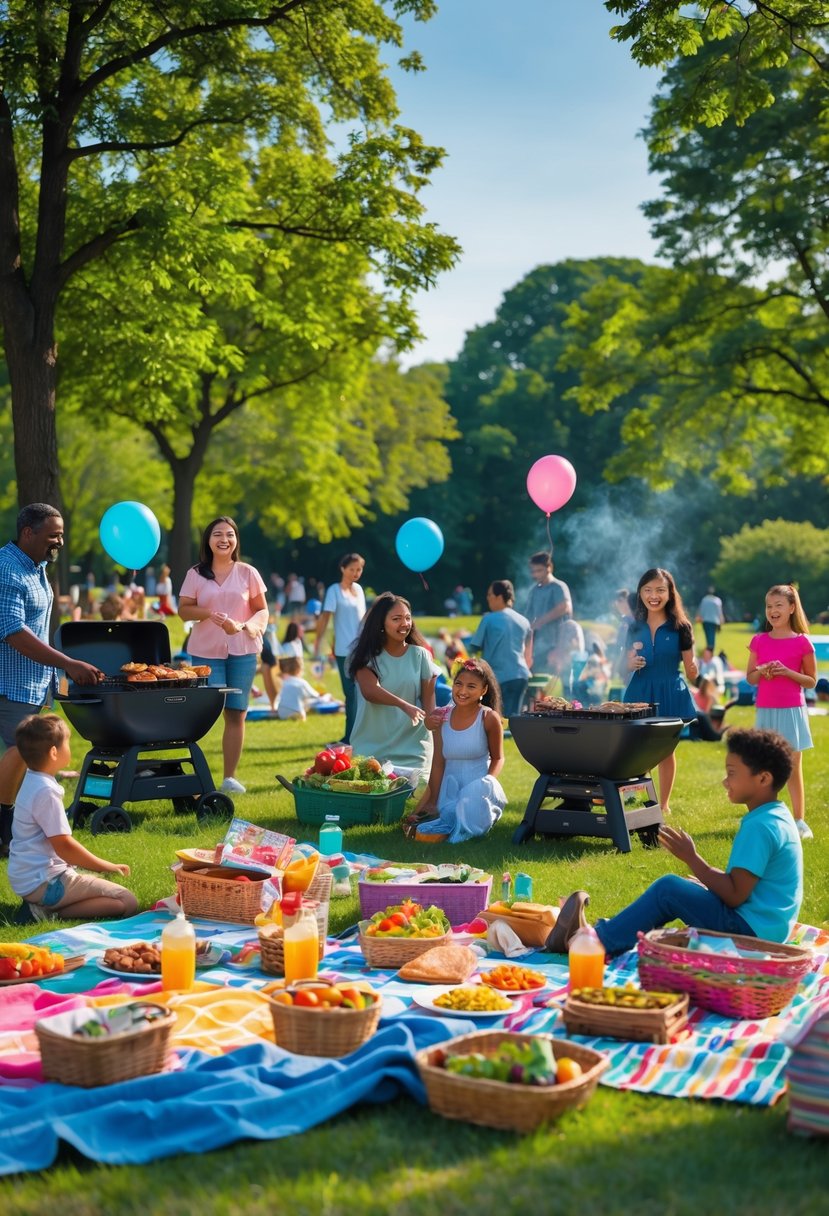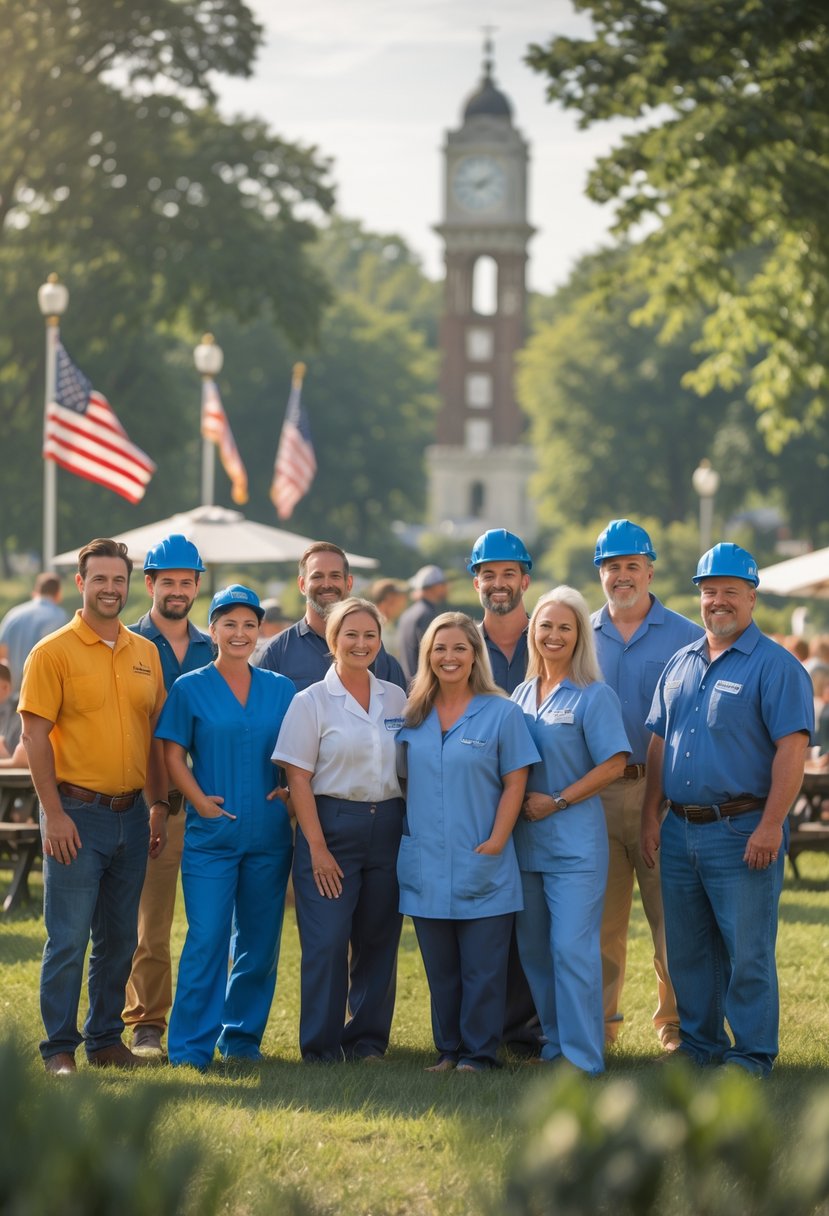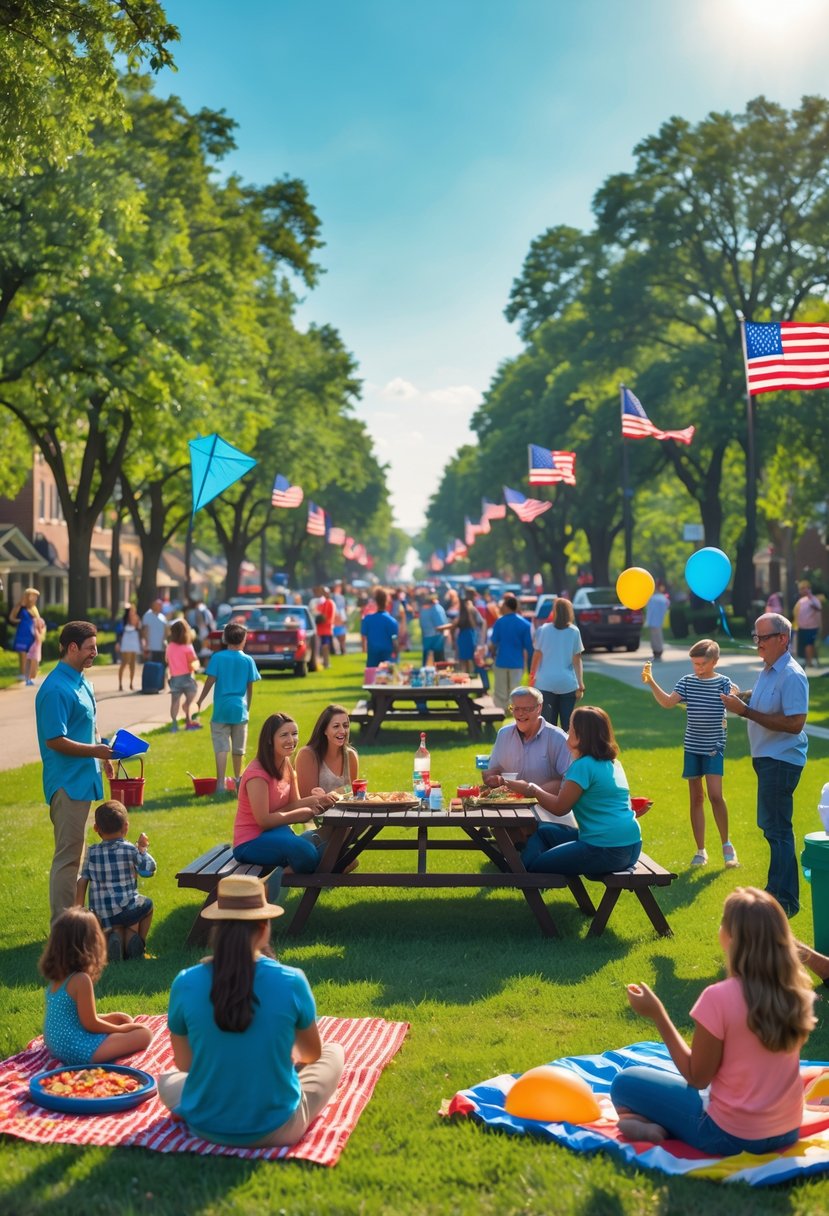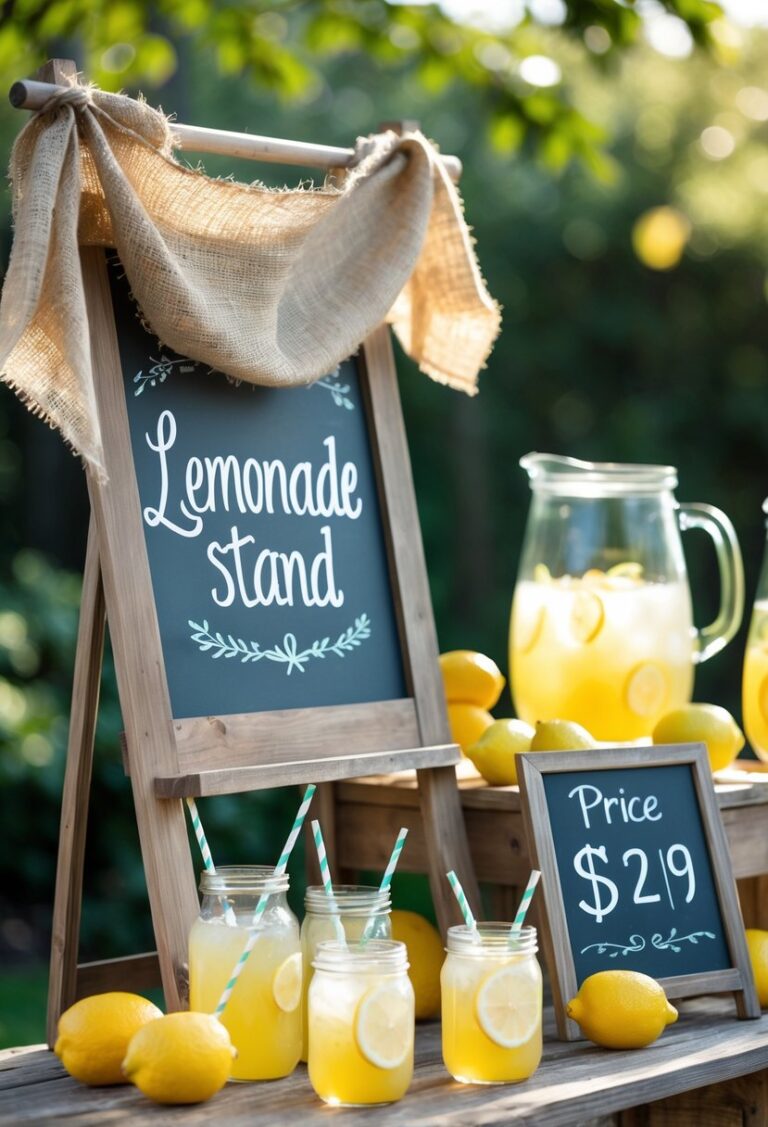Labor Day holiday weekend Travel Tips and Safety Guidelines
Labor Day weekend is a special time in the United States that marks the unofficial end of summer. It is a federal holiday that takes place on the first Monday of September each year, giving many people a long weekend to relax and spend time with family and friends. Labor Day honors the contributions and achievements of workers across the country.

People often celebrate this weekend with barbecues, parades, sports events, and fireworks. It also signals the start of activities like the football season. Many schools and government offices close, making it a widely recognized break for the nation.
The holiday has a rich history tied to the labor movement, recognizing the hard work and dedication of the American workforce. Over time, it has become a chance for people to enjoy leisure activities while reflecting on the importance of workers’ rights.
Key Takeways
- Labor Day weekend honors the contributions of workers in the US.
- It is celebrated with various events like barbecues, parades, and sports.
- The holiday marks both a break and the history of the labor movement.
Significance and History of Labor Day Weekend

Labor Day weekend marks the recognition of American workers’ contributions to the country’s growth and well-being. Its roots lie in labor movements and key events that shaped how workers gained public acknowledgment. Over time, the celebration developed from localized parades to a national holiday observed every first Monday in September.
Origins of Labor Day
Labor Day began as a response to poor working conditions and the demand for fair treatment. In the late 1800s, labor organizations like the Central Labor Union pushed for a day to honor workers. The first Labor Day parade took place in New York City in 1882. Historians credit either Matthew Maguire, a secretary of the Central Labor Union, or Peter J. McGuire, a leader in the American Federation of Labor, with proposing the holiday.
Oregon was the first state to make Labor Day an official holiday in 1887. The celebration aimed to recognize the working class’s role in America’s industrial growth, focusing on improving labor rights such as the eight-hour workday.
Key Historical Events
Labor Day’s development was influenced by significant labor struggles. The Pullman Strike of 1894, a nationwide railroad strike, ended violently but showed the power of organized labor. In response to the unrest, President Grover Cleveland made Labor Day a national holiday that same year.
The Haymarket Affair and other labor protests highlighted the demand for safe working conditions and dignity for workers. Unlike May Day (International Workers’ Day), which is observed on May 1 and linked to socialist movements, Labor Day in the U.S. became a more moderate celebration reflecting negotiations within the American labor movement.
Evolution of the Labor Day Holiday
Over time, Labor Day has shifted from a strictly political event to a broader social celebration. It kept its status as a United States federal holiday, observed on the first Monday of September, symbolizing both the labor movement’s achievements and the end of summer.
Modern celebrations include public parades, picnics, and barbecues, but the holiday still reminds citizens of past labor struggles. While May Day remains an international day for workers, Labor Day represents a uniquely American tradition that balances festive events with recognition of labor’s historical role.
Traditions and Modern Celebrations of Labor Day Holiday Weekend

Labor Day weekend is marked by events and activities that honor American workers while also signaling the unofficial end of summer. Many traditions connect communities and offer time for rest, while others highlight the cultural importance of the holiday.
Labor Day Parades and Public Events
Parades are a core part of Labor Day celebrations in many cities. In New York City, the annual Labor Day Parade draws thousands, featuring union members, labor leaders, and local organizations. These events focus on the history and contributions of laboring classes.
Public ceremonies often include speeches that recognize workers’ rights and achievements. Festivals and outdoor concerts are common, providing entertainment while reinforcing the spirit of the holiday.
Many workplaces offer holiday pay or paid time off on Labor Day, allowing workers to attend these events. Some regions also hold smaller community parades celebrating local unions and workers.
End of Summer Activities
Labor Day weekend is widely seen as the last chance for summer fun before autumn begins. Families and friends often gather for barbecues, picnics, and outdoor parties.
Camping trips spike around this time, as many reserve spots early due to high demand. Some areas host seafood, beer, and arts festivals to attract visitors.
Sports events, especially football games, become popular as the new season starts shortly after Labor Day. These activities help mark the holiday as a transition from summer leisure to fall routines.
Labor Day in American Culture
Labor Day honors the hard work and progress of American workers. It reflects a respect for the labor movement that fought for fair wages and better working conditions.
The holiday is a federal public holiday, observed on the first Monday in September. It marks the labor movement’s achievements rather than specific historical events.
Many Americans view it as a time to relax and spend time with family. The long weekend also serves as a reminder of the ongoing importance of workers in the country’s economy.
Frequently Asked Questions

Labor Day weekend covers specific dates each year and marks a historic moment recognizing workers’ contributions. It is observed as a federal holiday across the United States.
What dates constitute the Labor Day holiday weekend?
Labor Day is always celebrated on the first Monday of September. The holiday weekend includes the preceding Saturday and Sunday.
This means the Labor Day holiday weekend ranges from Saturday through Monday every year.
What is the historical significance behind the celebration of Labor Day?
Labor Day honors the American labor movement and the contributions of workers to the country’s strength and prosperity.
It started in the late 19th century as a way to recognize the efforts of labor unions and promote fair working conditions.
The holiday became a federal holiday in 1894.



